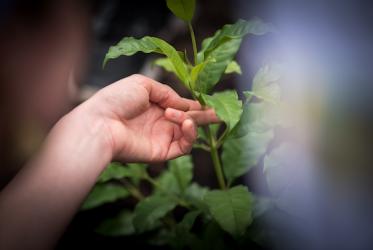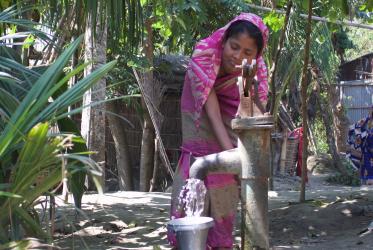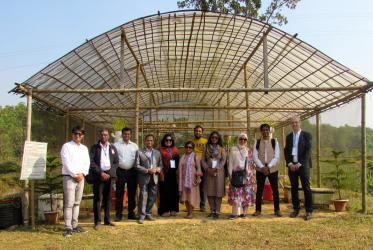Displaying 41 - 60 of 148
26 February 2020
CCIA meets in Brisbane with focus on Pacific regional priorities
19 February 2020
Church of South India eco-ministry featured on UNESCO website
17 February 2020
Church response to Australian bushfires hinges on preparation
07 January 2020
New WCC “Eco Ambassadors” pledge to protect our ecology
06 January 2020
Eco-School promotes blue communities, green churches
19 November 2019
WCC Eco-School begins in Thailand
07 November 2019
“Economy of life” lifted up at special school in Indonesia
22 August 2019
WCC represented at G20 Interfaith forum in Tokyo
13 June 2019
WCC condemns massacre of farmers in Philippines
12 April 2019
Workshop in Bangladesh links climate, economic justice
07 February 2019











